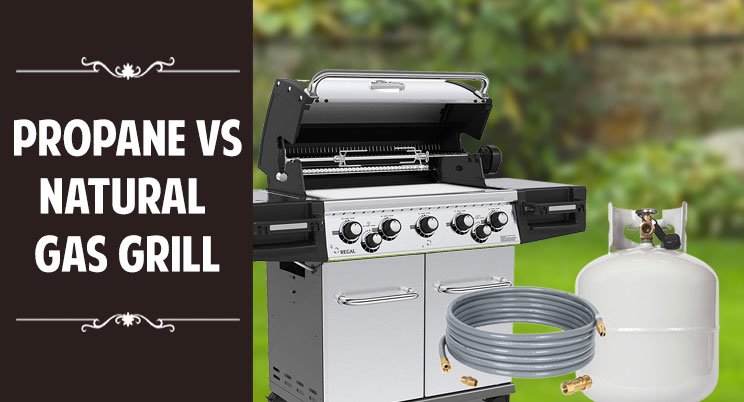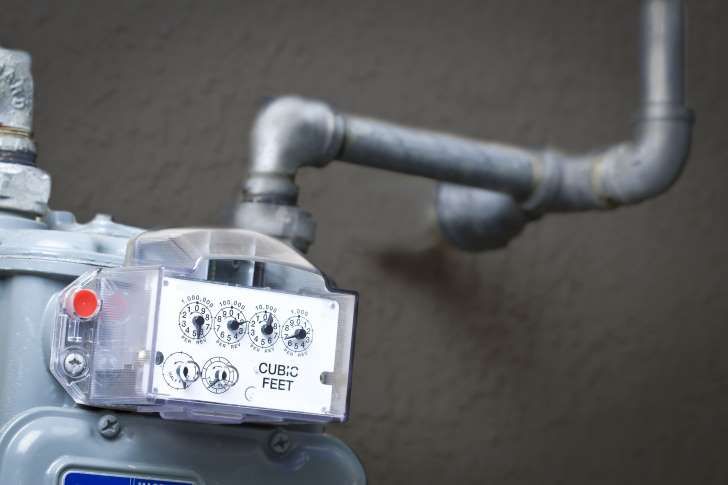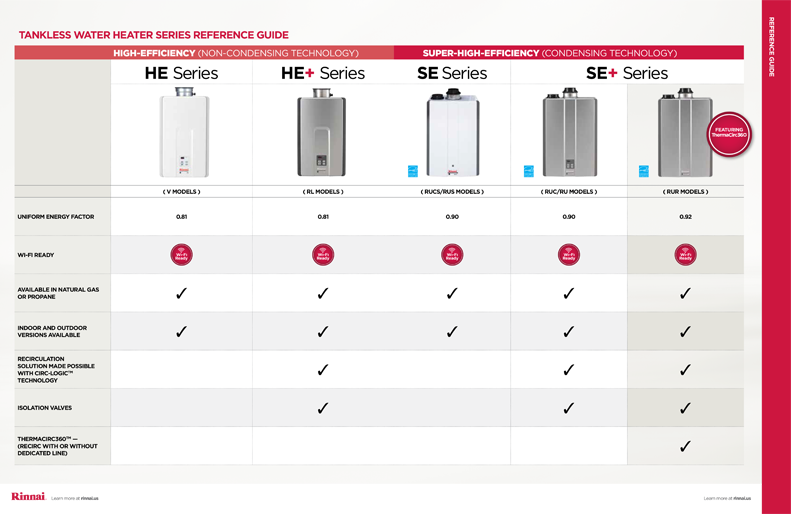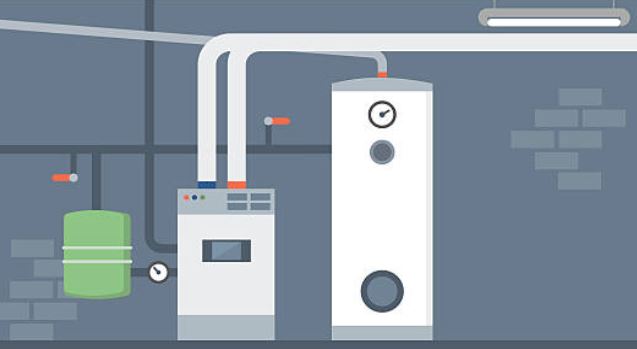Read on to learn the pros and cons, and everything in between, about propane and natural gas, and to make the best decision for your home and budget here.
Are you torn between choosing between propane and natural gas?
If you are a home owner, you need to consider your priorities, budget, and other factors to decide which gas is the best choice to heat your home and power your devices.
If you get stuck, read on to learn the advantages and disadvantages of propane gas over natural gas!
Propane gas versus natural gas: a comparison
First of all, it is good to know what distinguishes these two gases. You cannot see that propane gas is actually part of natural gas. The other gases that make up natural gas are butane, ethane and methane. All of these gases, whether propane or natural, are flammable and must be used safely.
Propane comes in liquid form and is stored in a tank on a homeowner’s property. If you see a large egg-shaped tank on a property, it’s probably there to house propane. Natural gas, on the other hand, remains in gaseous form and reaches the houses via a pipeline.
Both gases are good choices for heating homes and keeping things like your water heater or dryer running, but they have their differences.
Which one costs more?
The price is always in the foreground when you make decisions for your home. When comparing the cost of propane gas to natural gas, is a gas type the cheaper option? The answer to this question is complicated.
Some experts would say that propane wins on this point. They point out that propane is more efficient and provides about twice as much energy as the same amount of natural gas. Although you may pay a little more for the propane, you get more energy from the same amount.
To buy a propane tank, you can expect to spend money somewhere $ 560 to $ 2,480 depending on size. This may sound like a significant upfront investment, but you’ll quickly pay back the costs because the gas is so efficient.
The smaller 20-pound propane tanks can power smaller items like grills. However, if you are looking for all-over house heating, you need to get a lot bigger. 500 gallon tanks are the tanks of choice for powering your entire home. And if you want to power an emergency generator, you’ll even find 1,000-gallon tanks!
Another aspect is whether your house already has natural gas pipelines. If not, you can expect to spend several thousand dollars to prepare your home for natural gas. In cases where pipelines need to be installed and equipment set up to be compatible with a gas pipeline, the cost can be $ 10,000.
Which results are better with simple installation?
Is one gas safer than the other? This is a mistake because it depends on what you already have in place.
If you choose propane, you need to determine the size Propane tank is best suited. Avoid buying one that is too small – otherwise you will spend more money on frequent refills of propane. It may sound huge, but the 1000-gallon tank does mean fewer refills.
With natural gas, it is much cheaper to have it as an energy source if you have already installed the pipes. Configuration is also much easier, so your hourly installation costs don’t add up that much. But this also depends on whether you have already connected a gas pipe to your house.
Is a gas greener?
With many people trying to make more environmentally conscious decisions these days, choosing a power source that is less harmful to the planet can be a major concern for you.
Most experts would agree that propane wins on this point. If propane leaks, it will not harm the environment because it is non-toxic. Natural gas, on the other hand, can cause damage because it is toxic.
Natural gas is called fossil fuel, but it is not nearly as polluting as coal. In fact, the carbon dioxide emissions from natural gas are over 50% lower than coal.
A big disadvantage when choosing natural gas? It is not a renewable form of energy, so one day it will run out. Natural gas also poses some security risks. It is highly explosive. So if you ever smell it in your house, leave the house and call the authorities immediately.
Although both gases have their drawbacks, they both offer an energy solution that is far better than coal. With natural gas or propane, you can feel good if you make a better choice for the planet!
What is the right choice?
You want to know your priorities when you make your choice. If you want a simple experience, natural gas can provide it if you have the appropriate infrastructure. You don’t have to order or monitor gas – it only does its job when you need it.
If saving your money or protecting natural resources is more important to you, propane might be your answer. Another consideration is whether you have the land to house a large tank – and whether you care about the aesthetics of having it.
The bottom line
There are many things to consider when considering propane gas versus natural gas. Pay attention to the cost, but don’t let this be the only factor in your decision. Think about what makes the most sense for your property and your personal preferences.
If you’d like more tips and ideas for an optimal home, feel free to contact us for more great items!
 TopsDecor.com Home Decor Ideas
TopsDecor.com Home Decor Ideas







